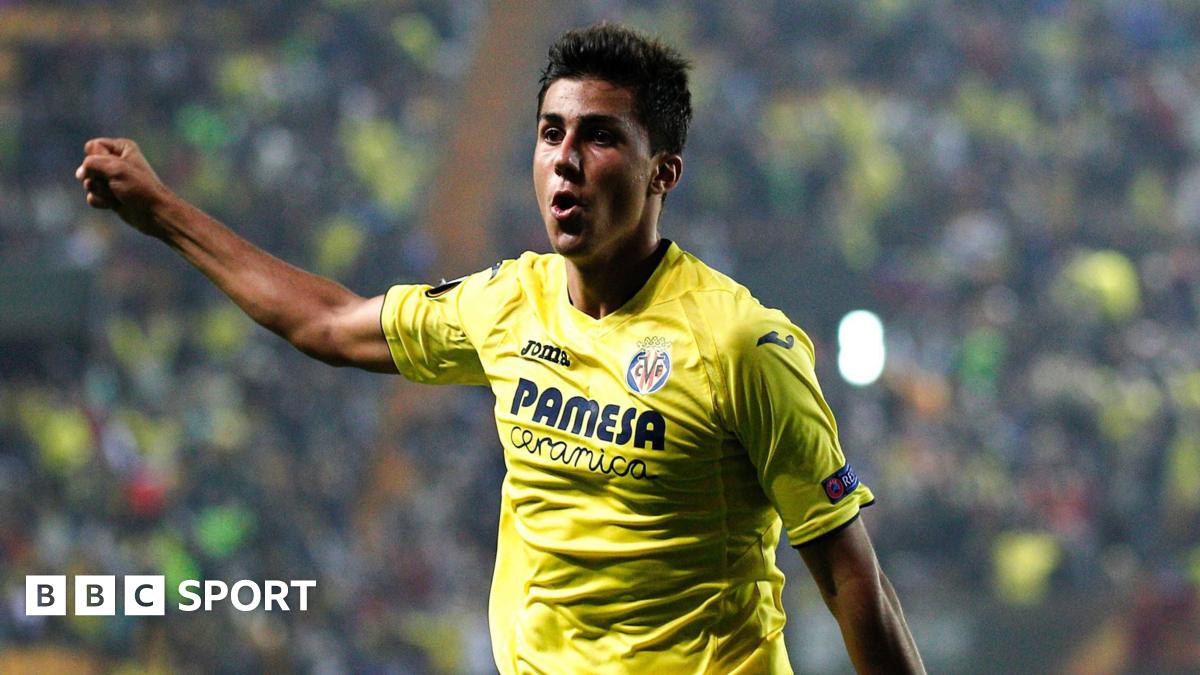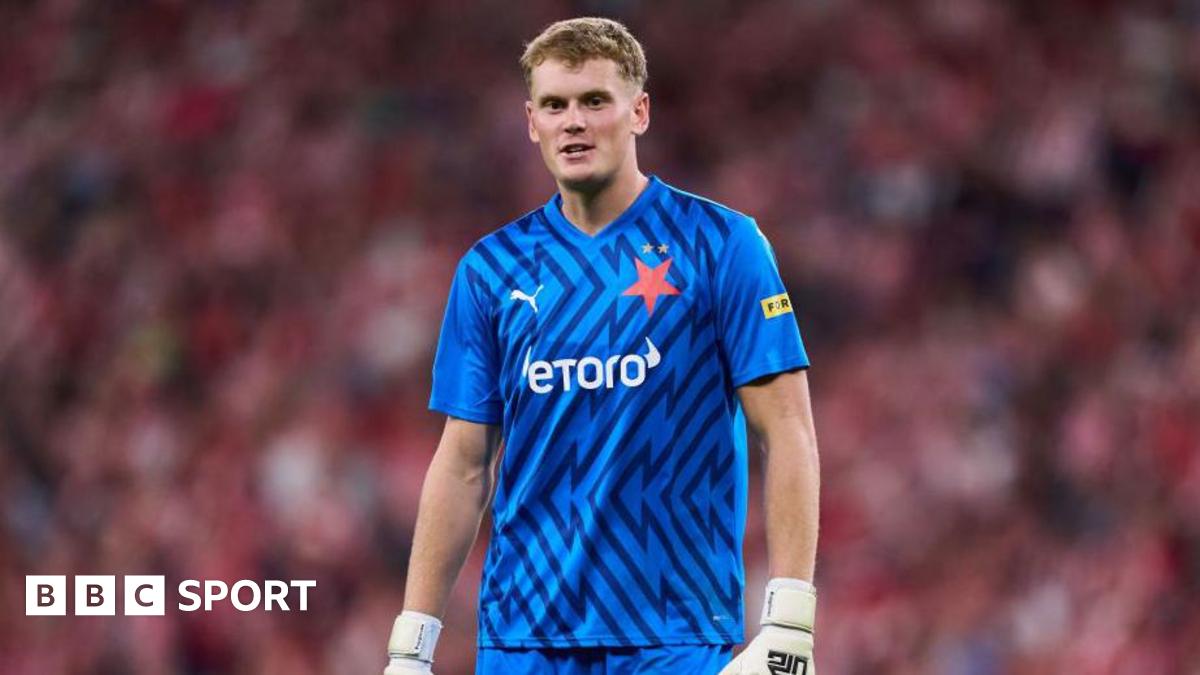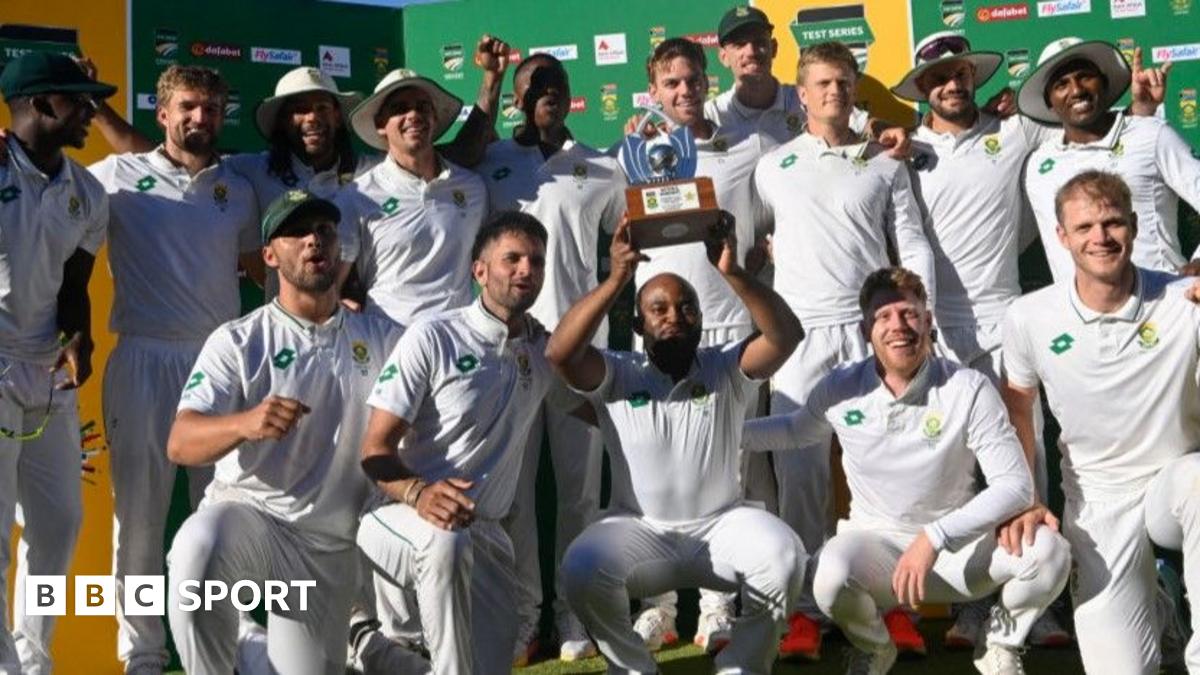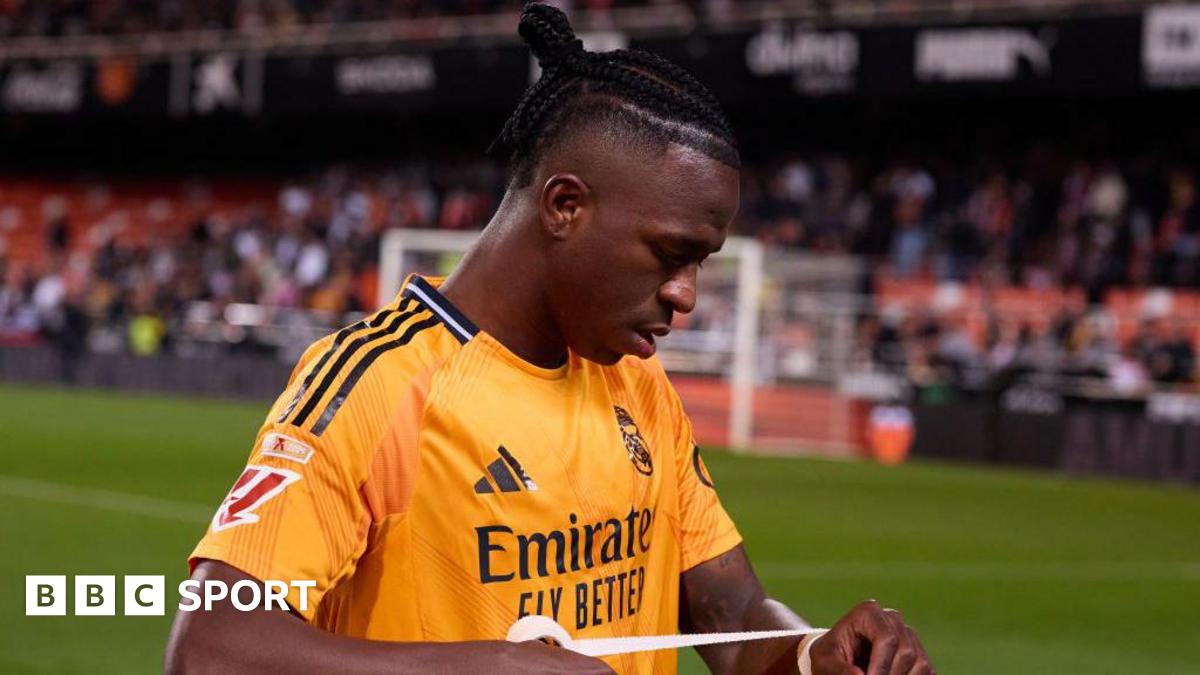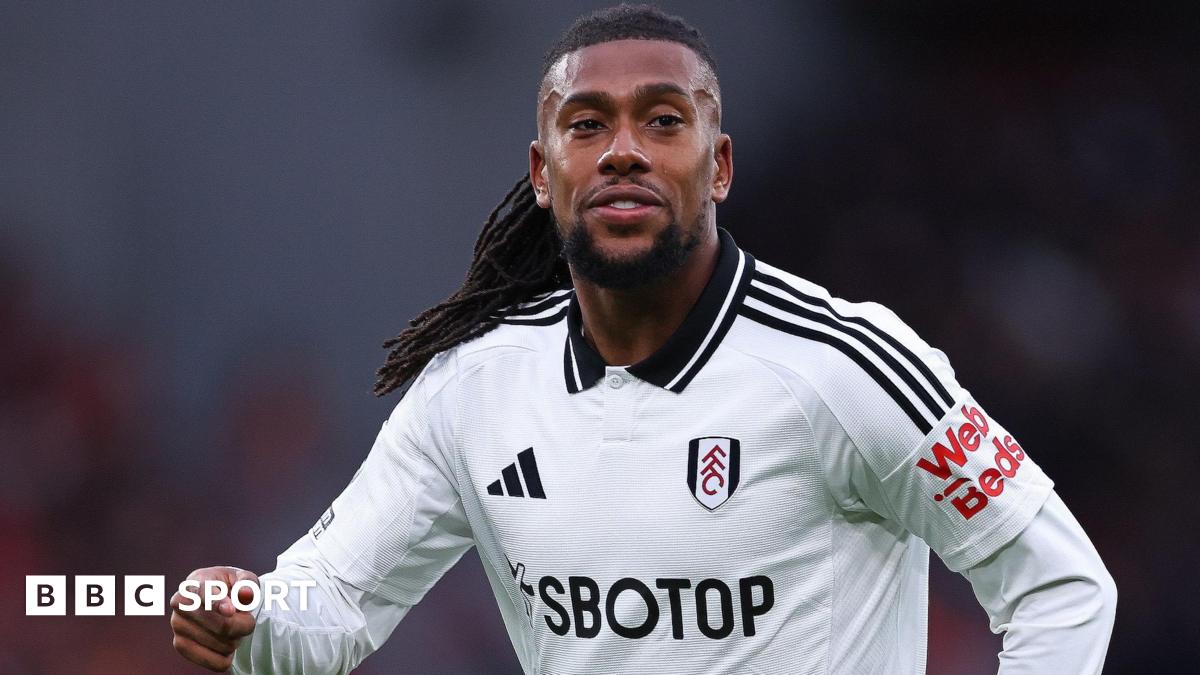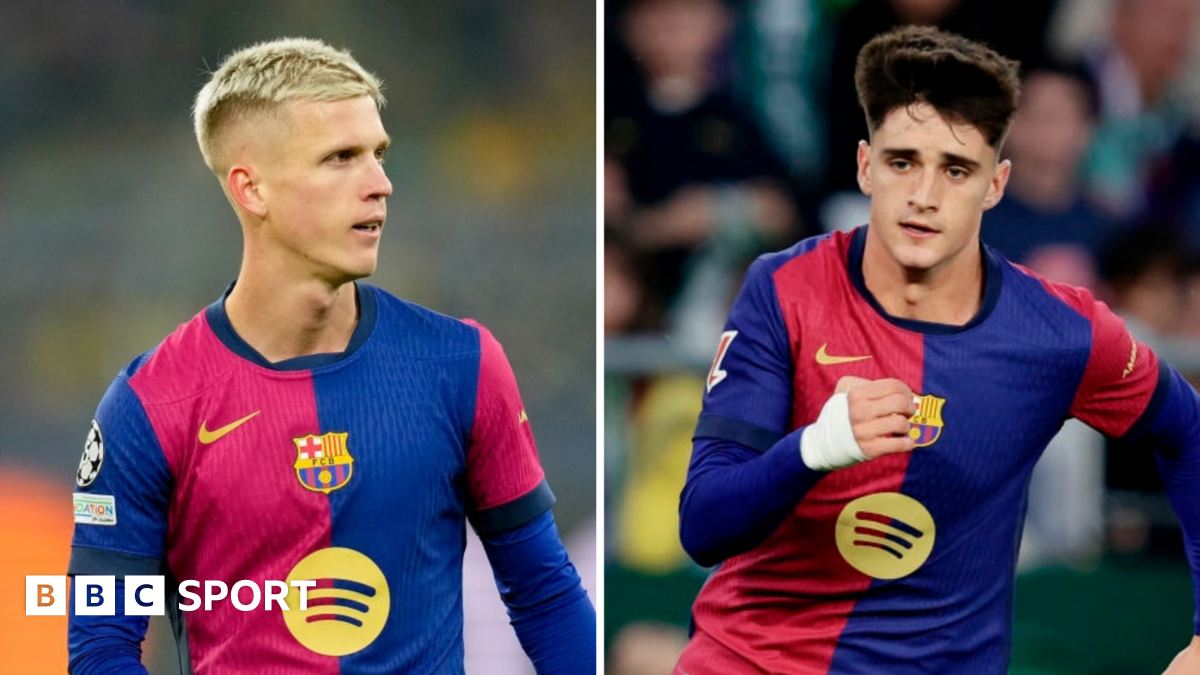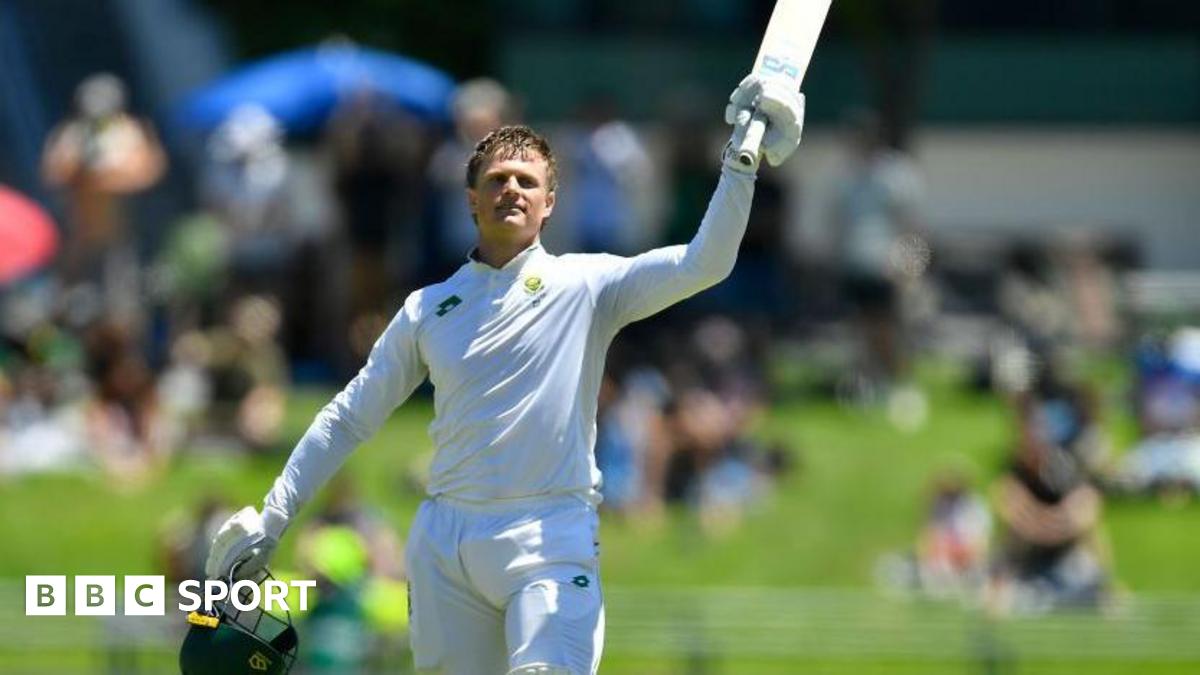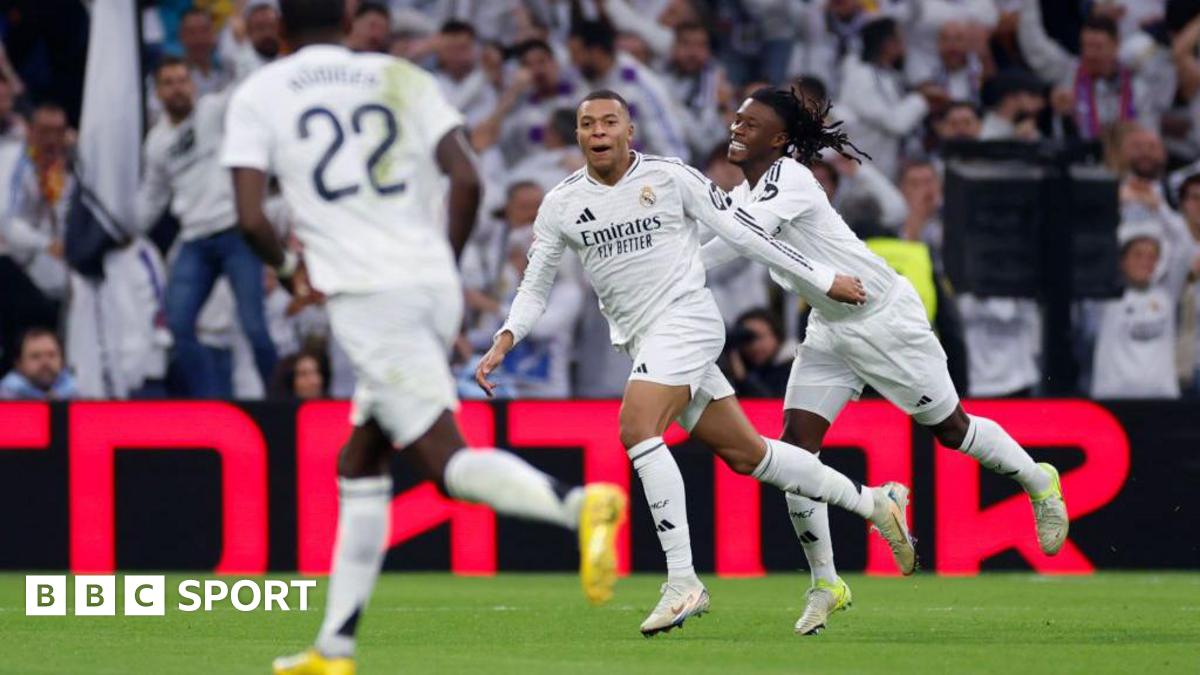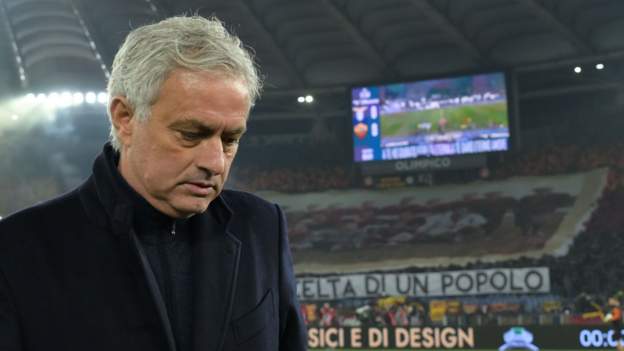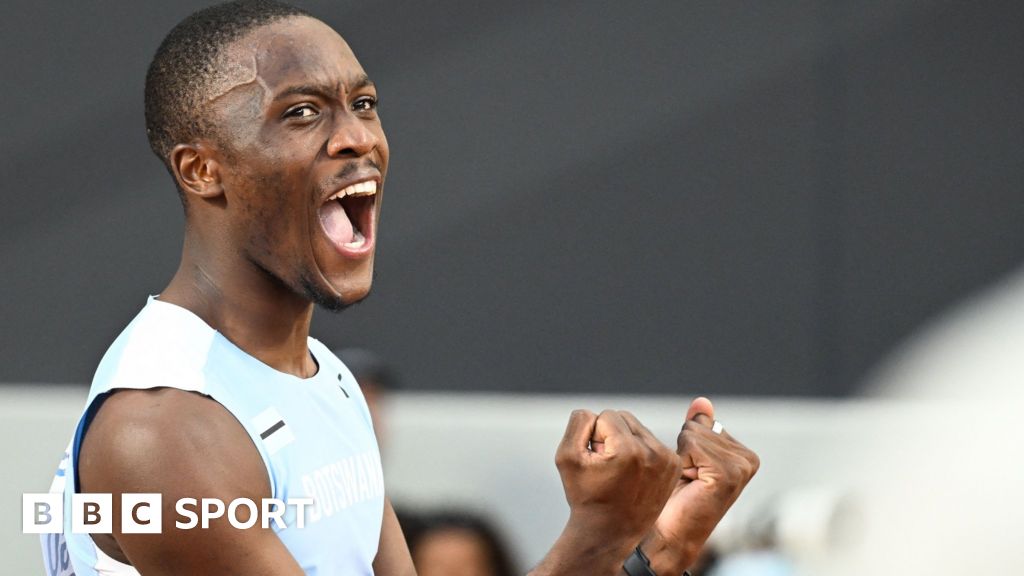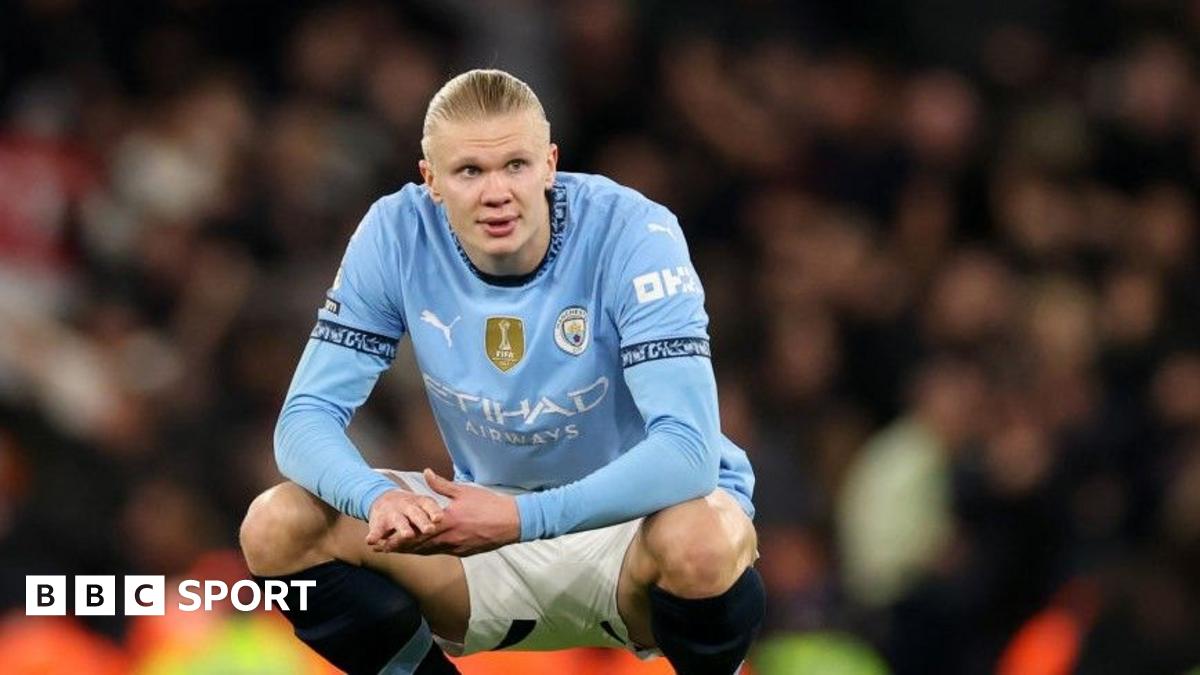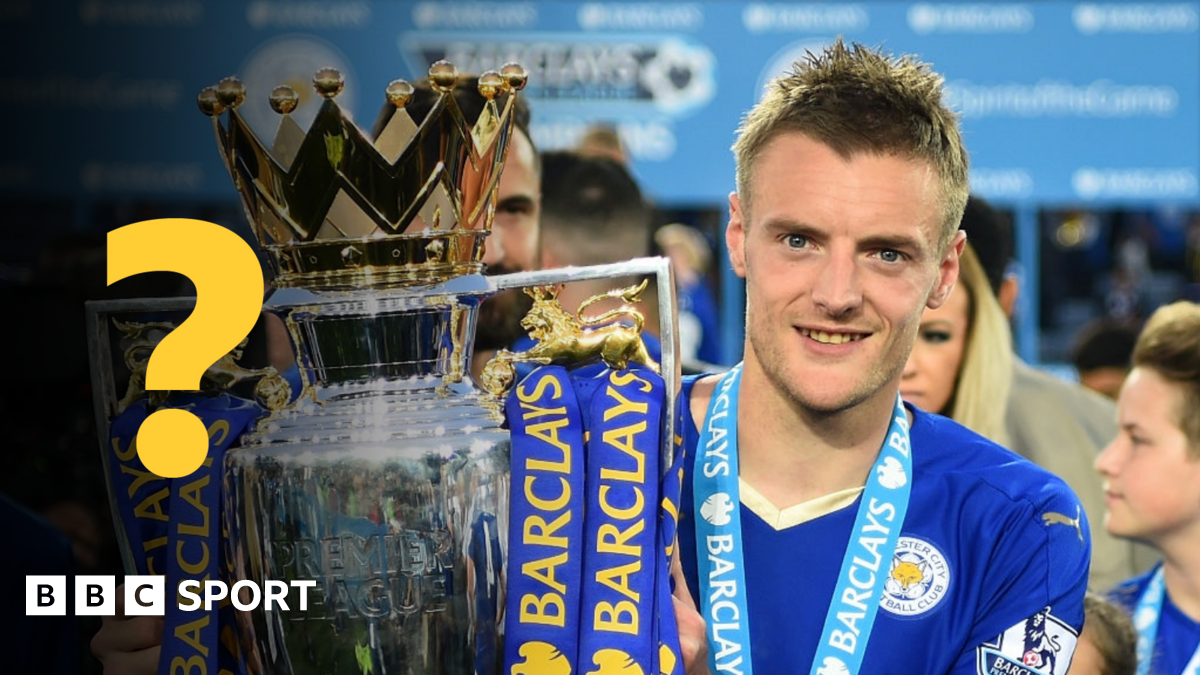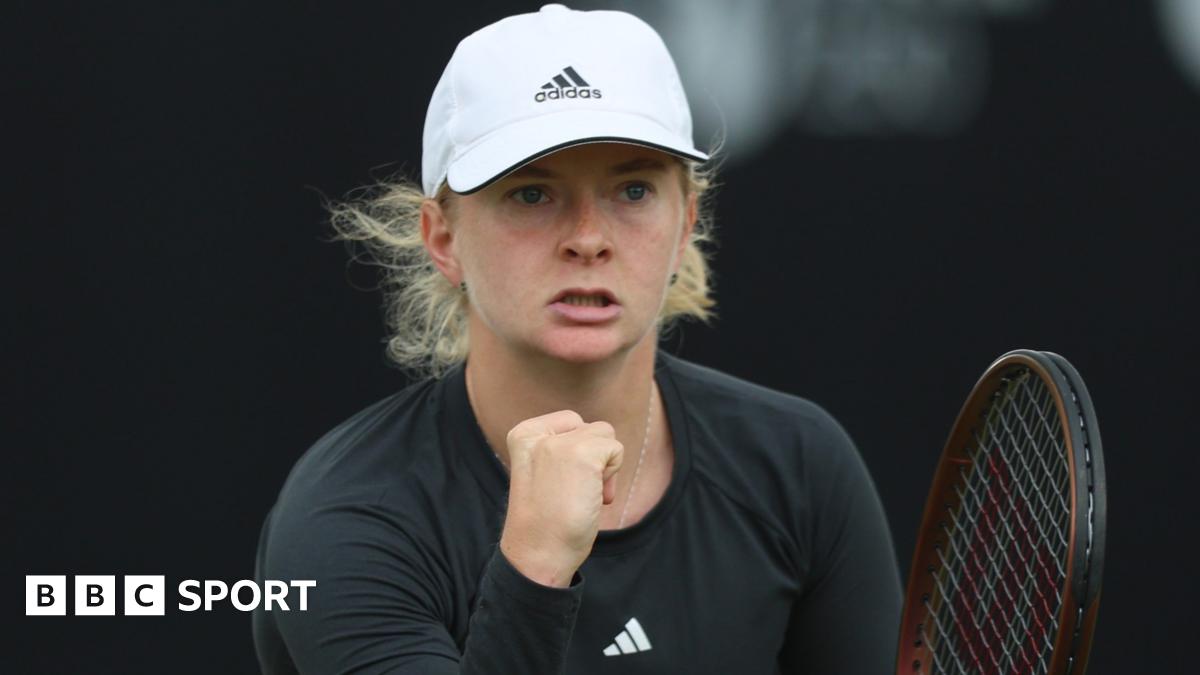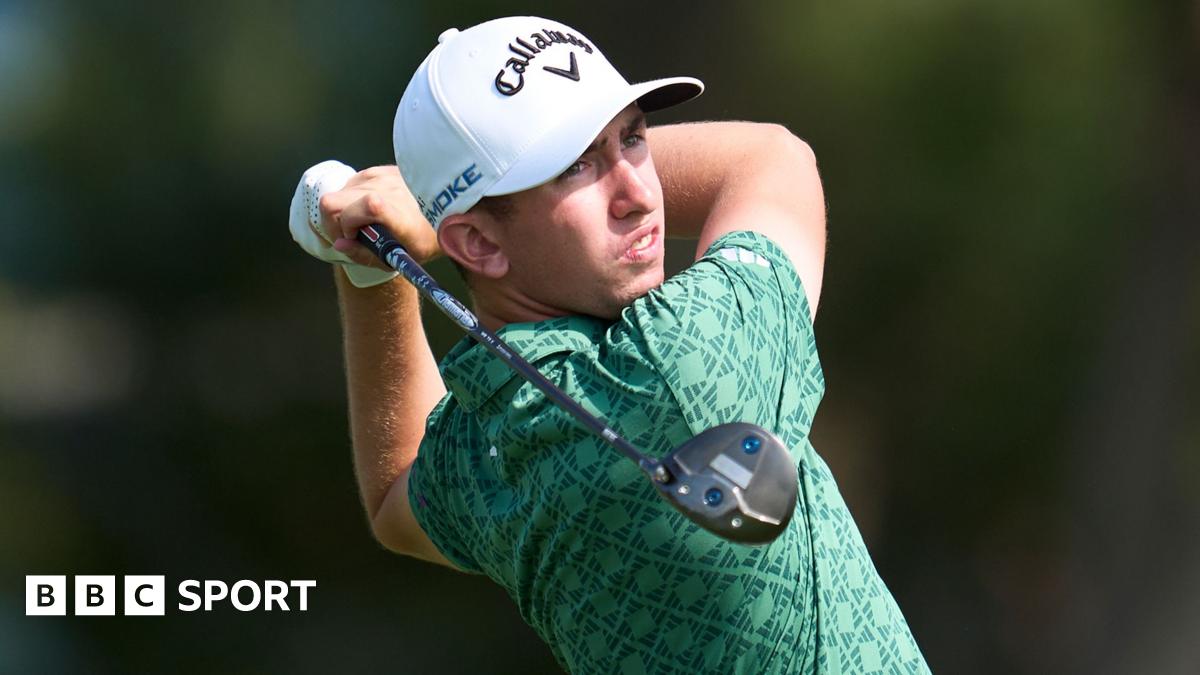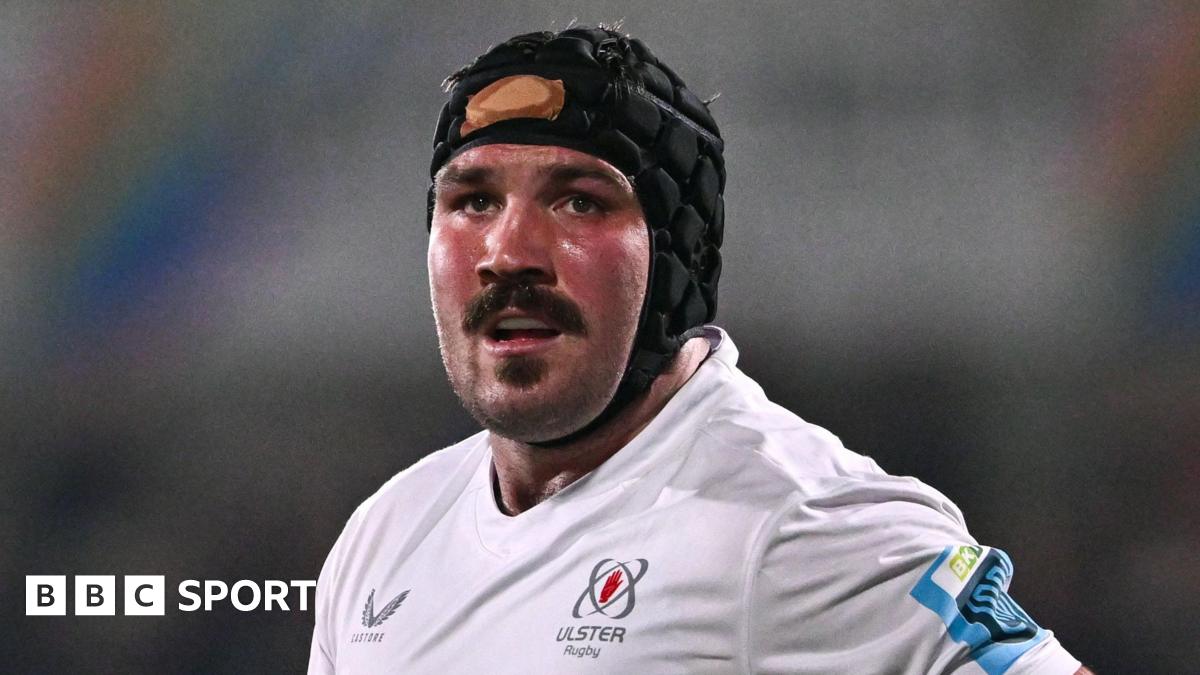After 929 days that included European glory, red cards and effervescent quotes, Jose Mourinho’s Roma spell has come to an end.
In what was the 60-year-old’s 10th full-time role as a manager, his time in the Italian capital saw him win the hearts of the Giallorossi.
However a faltering league campaign, poor discipline and another defeat by city rivals Lazio signalled the end of his spell in Rome.
How did it go so wrong for Mourinho after successive European finals which appeared to signal a resurgent Roma – and where does a manager who just days ago compared himself to Harry Potter go next?
It is often said about Mourinho that his third or fourth season in a job is where it starts to go downhill and the same could certainly be said for him at the Stadio Olimpico, with this being his fifth role to end within its third season.
Back-to-back sixth places finishes in Serie A going into this campaign were no more than satisfactory compared to seventh, fifth and sixth place finishes immediately prior to Mourinho’s reign. It was through runs in Europe where Mourinho would find success and more importantly, win the hearts of the Roma faithful.
His appointment in the summer of 2021, just weeks after being sacked by Tottenham Hotspur, came with the chance to lead Serie A’s first representatives in the inaugural Europa Conference League.
Among the bigger footballing nations, there was questioning of the need for a third-tier European competition. However, Roma’s 1-0 win in the final over Feyenoord in Tirana, matched with post-match tears from the well-travelled and highly successful Mourinho gave the competition an immediate level of credence.
Having already won the Champions League, both formats of the Uefa Cup and Europa League and then the Europa Conference League, he marked the triple crown with a tattoo, which he says was partly because of the love he felt from the Roman public.
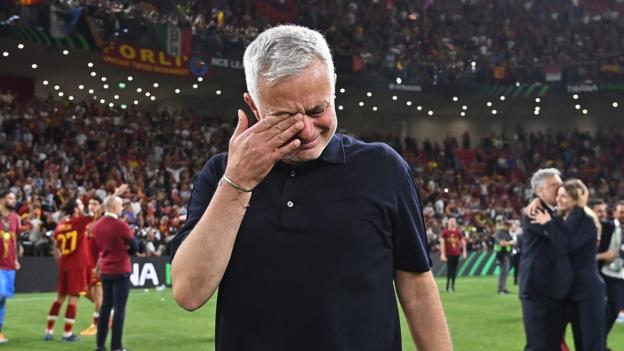
Last season, Roma went all the way to a tournament final in Europe again, only this time in the Europa League – the sixth European final of Mourinho’s managerial career, losing to Sevilla on penalties.
Heading into this season, there was some surprise Mourinho stayed at Roma after disagreements over what he was allowed to do in the transfer market and links to taking the Paris St-Germain job at the end of last season.
Finances were limited because of the risk of breaching Europe’s Financial Fair Play regulations, meaning loan signings and free transfers were the maximum Roma could manage. That however did not stop them from signing big names such as Romelu Lukaku, Renato Sanches and Houssem Aouar.
Six games into this Serie A season, Roma were sat in 16th place with just five points.
At that point, Mourinho said that he wasn’t the problem. “Three months ago the idea of me leaving was seen almost as a tragedy,” he said.
“I received the biggest and craziest offer a coach has ever received in the history of football. And I turned it down.
“Three months later, it seems like I’m the problem. I can’t accept that.”
Their only win in that run had come in the form of a 7-0 victory over Empoli, the biggest win of any side in Serie A since 1961, properly fitting the chaos that often goes with a Mourinho managerial reign.
In a fluctuating season all-round, Europe was again a big boost for Roma and Mourinho’s success. They finished second in their Europe League group, setting up a tie against Feyenoord for a third straight season, with a place in the round of 16 up for grabs.
Domestic results had started to pick up after a slow start. As recently as a month ago, Roma had been sat in fourth place and in contention for a place in next season’s Champions League.
Even in that run of better form, Mourinho could not keep himself out of the headlines, getting sent off for making crying gestures at officials during a 1-0 win over 10-man Monza in October.
Then, after a run of one win in six matches that included dropping to ninth in the table, two red cards and a Coppa Italia exit to arch-rivals Lazio, a departure seemed an inevitability as opposed to a possibility.
Mourinho’s discipline, getting sent off in back-to-back defeats, in the build-up to Sunday’s 3-1 defeat by AC Milan meant that his final match as Roma’s manager was one that he could only watch from the stands.
As Roma manager, Mourinho’s win percentage of 49% was his lowest for two decades. In Serie A, his win percentage of 45.8% was eclipsed by form in Europe with just three defeats in 36 and a 58.3% win rate and triumphs including the club’s first major honour in 14 years.
Last Thursday’s Coppa Italia exit to arch-rivals Lazio was Roma’s fourth defeat in six against their rivals since Mourinho’s arrival.
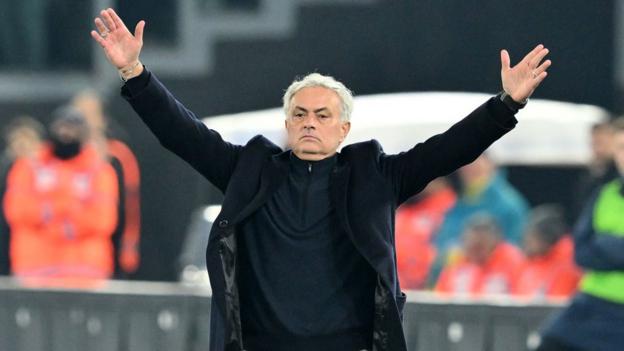
Mourinho’s support from Roma fans was shown by a run of more that 40 straight sell-out Stadio Olimpico crowds during his tenure, but the latest loss to Lazio and a Coppa Italia exit marked the beginning of the end.
In the statement announcing his departure, Roma said: “We thank Jose on behalf of all of us at AS Roma for the passion and commitment he has shown since his arrival in the Giallorossi,
“We will always have great memories of his stewardship, but we believe that, in the best interests of the club, immediate change is necessary.”
If ever there was a statement that showed its gratitude but also unwanted reality it was this.
Changing fortunes was a must, but the memories will simply last a lifetime for Mourinho, his Roma players and the club’s fan base.

